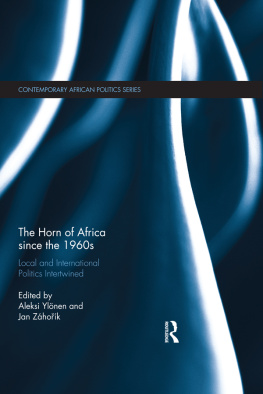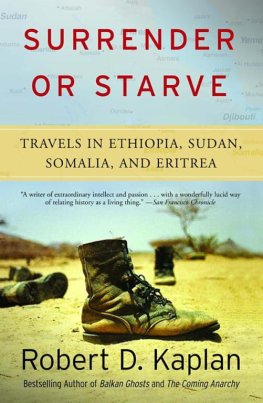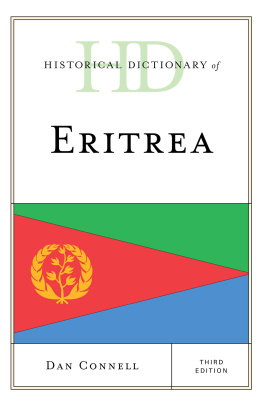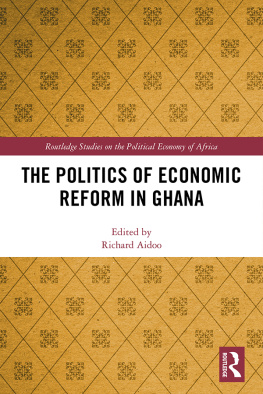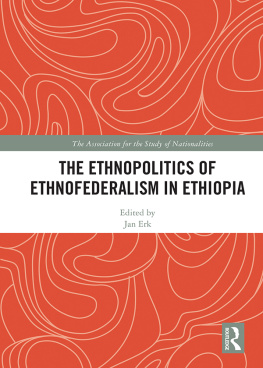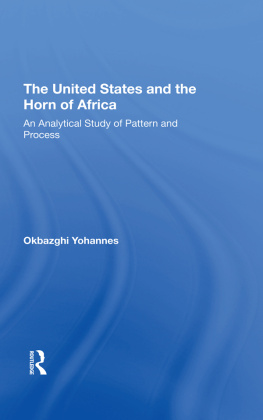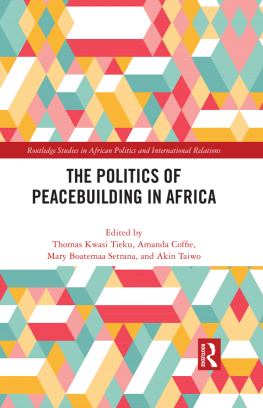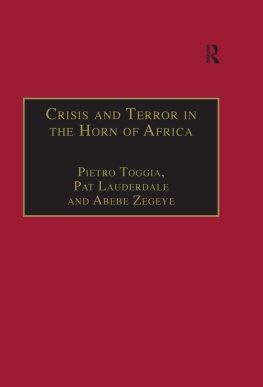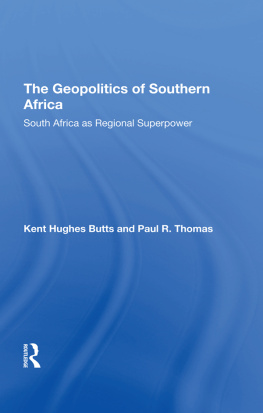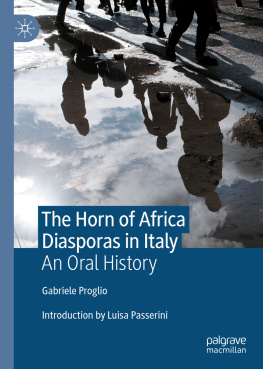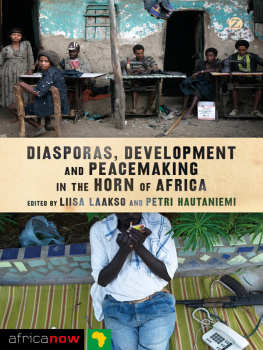The Horn of Africa since the 1960s
The Horn of Africa has long been one of the most dynamic and politically turbulent sub-regions on the African continent. Host to great ancient civilizations, diverse peoples, and expansive states, it has experienced massive social, economic, and political transformation over time. Political dynamics in this region have generated military coups, revolutions, and intractable ethnic, socio-economic, and religious conflicts.
This comprehensive volume consists of a collection of chapters by expert African and international scholars who analyze international, regional, national, and local affairs in the sub-region, which demonstrate the intertwined nature of the actors and forces shaping political realities. The contributions include carefully selected case studies of Ethiopia, Eritrea, Somalia, Somaliland, Sudan, and South Sudan that eloquently illustrate the complex dynamics connecting a spectrum of political issues.
The Horn of Africa since the 1960s will be of interest to students and scholars of African studies in general, diaspora studies, sociology, and comparative politics.
Aleksi Ylnen is a Research Fellow, Center for International Studies, University Institute of Lisbon (ISCTE-IUL), Portugal.
Jan Zhok is Associate Professor at the Centre for African Studies, Department of Middle Eastern Studies, University of West Bohemia in Pilsen, Czech Republic.
Contemporary African Politics Series
1 Ethnicity, Democracy and Citizenship in Africa
Political Marginalisation of Kenyas Nubians
By Samantha Balaton-Chrimes
2 African Youth Cultures in a Globalized World
Challenges, Agency and Resistance
Edited by Paul Ugor, Lord Mawuko-Yevugah
3 State, Land and Democracy in Southern Africa
Edited by Arrigo Pallotti and Corrado Tornimbeni
4 Reinventing Development
Aid Reform and Technologies of Governance in Ghana
By Lord Mawuko-Yevugah
5 The Horn of Africa since the 1960s
Local and International Politics Intertwined
Edited by Aleksi Ylnen and Jan Zhok
First published 2017
by Routledge
2 Park Square, Milton Park, Abingdon, Oxon OX14 4RN
and by Routledge
711 Third Avenue, New York, NY 10017
Routledge is an imprint of the Taylor & Francis Group, an informa business
2017 selection and editorial matter, Aleksi Ylnen and Jan Zhok; individual chapters, the contributors
The right of Aleksi Ylnen and Jan Zhok to be identified as the authors of the editorial matter, and of the authors for their individual chapters, has been asserted in accordance with sections 77 and 78 of the Copyright, Designs and Patents Act 1988.
All rights reserved. No part of this book may be reprinted or reproduced or utilized in any form or by any electronic, mechanical, or other means, now known or hereafter invented, including photocopying and recording, or in any information storage or retrieval system, without permission in writing from the publishers.
Trademark notice: Product or corporate names may be trademarks or registered trademarks, and are used only for identification and explanation without intent to infringe.
British Library Cataloguing in Publication Data
A catalogue record for this book is available from the British Library
Library of Congress Cataloging in Publication Data
A catalog record for this book has been requested
ISBN: 978-1-4724-7820-7 (hbk)
ISBN: 978-1-315-55708-3 (ebk)
Typeset in Times New Roman
by Wearset Ltd, Boldon, Tyne and Wear
Editors
Aleksi Ylnen , Center for International Studies, University Institute of Lisbon (ISCTE-IUL), Portugal.
Jan Zhok , Centre for African Studies, Department of Middle Eastern Studies, University of West Bohemia in Pilsen, Czech Republic.
Contributors
Federico Donelli , Department of Political Science (DISPO), University of Genova, Italy.
Solomon M. Gofie , Department of Political Science and International Relations, Addis Ababa University, Ethiopia.
Urban Jaka , Department of Politics, University of York, United Kingdom.
Gedion G. Jalata , International Institute of Social Studies, Erasmus University Rotterdam, the Netherlands.
K. Mathews , Department of Political Science and International Relations, Addis Ababa University, Ethiopia.
Leben Nelson Moro , Center for Peace and Development Studies, University of Juba, South Sudan.
Antonio M. Morone , Department of Political and Social Sciences, University of Pavia, Italy.
Itziar Ruz-Gimnez Arrieta , Department of Political Science and International Relations, Autonomous University of Madrid, Spain.
Yosa Wawa , University of Juba, South Sudan.
Aleksi Ylnen and Jan Zhok
Historically, the Horn of Africa forms one of the most dynamic and politically turbulent sub-regions of the African continent. Host to great civilizations, vast geographical extensions, and highly diverse populations, the sub-region has experienced a great amount of continuity and change over time. In the course of the second half of the twentieth century, the Horn of Africa has witnessed many local, national, regional, and international changes related to the Cold War and post-Cold War politics. Its states have been influenced by numerous internal and external actors and forces, contributing to dramatic events such as military coups and revolutions, as well as intractable ethnic, socio-economic, and religious conflicts and changing borders. Together, these and other factors contribute to the particularity of the sub-region.
The Horn of Africa, consisting of Ethiopia, Eritrea, Djibouti, the Sudans, and Somalia in a strict sense, is one of the poorest and most turbulent sub-regions on the African continent. Its states rank generally low in development indexes, as well as in those measuring the level of state strength, political rights and civil liberties, and corruption. In its recent history, the Horn has experienced numerous natural and man-made disasters. Devastating droughts and famines aside, the recent political histories of the states in the sub-region have been plagued by long periods of non-democratic rule and instability caused by interstate conflict, military coups, armed insurrections, ethnic cleansing, and the emergence of two new internationally recognized states (Eritrea and South Sudan). Most of these political events and processes have drawn from internal and external dynamics, involving local actors, the host states, their neighbors, and outside powers and organizations exerting their influence on the states and non-state actors in the sub-region.
However, despite the general political fragility and instability of the states in the Horn, last two decades have shown some promise for improved material well-being. Visible economic developments have taken place, notably in Ethiopia, Somaliland, Somalia proper, and the Sudans. Yet, the economic development has been generally restricted to the narrow and privileged elites, which are politically well connected and powerful, with high levels of inequality and uneven development persisting among population groups, particularly between the state cores and peripheries. Despite promises for economic improvement, however, the respective national political landscapes have remained closed and largely tightly controlled by the narrow political elites and their respective organizations. This persisting reality has continued to restrict political rights, more extensive and effective participation, and representation within the states in the sub-region.

